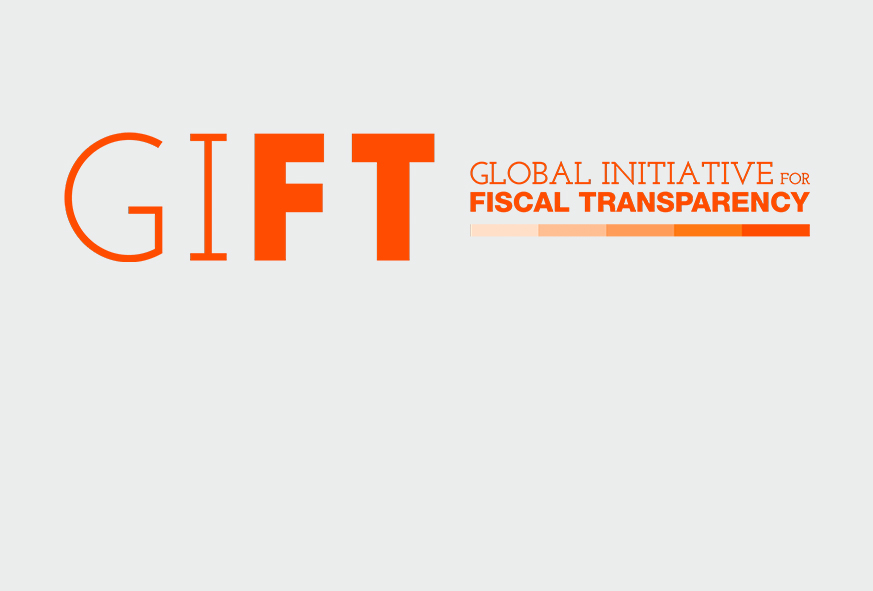Finance
minister Pravin Gordhan
has announced an open data
portal for local
government budget
information, providing
citizens with access to
comparable, verified
information on the
financial performance of
each municipality in South
Africa.
Added
by Staff
Reporter on
26 October 2016.
Saved under News, Top
Tags: Code
for South Africa, Code4SA, Municipal
Money, Pravin
Gordhan
Finance minister Pravin
Gordhan has announced an
open data portal for local
government budget
information, providing
citizens with access to
comparable, verified
information on the financial
performance of each
municipality in South
Africa.
Developed in
partnership with Code for
South Africa (also known as
Code4SA), a nongovernmental
organisation that promotes
informed public decision
making using technology,
the Municipal
Money website
“aims to promote
transparency and citizen
engagement through the
visualisation and
‘demystification’ of
information about municipal
spending”, national treasury
said in a statement.
The hope is that it
will stimulate citizen
involvement in local
governance. It is in line
with international best
practice, in terms of which
governments are increasingly
opening up their data to the
public, specifically budget
data, to promote oversight,
transparency and
accountability, it said.
“South Africa has
demonstrated its commitment
to open government by
co-founding and
participating in the Open
Government Partnership, a
partnership of more than 69
countries committed to
working together to develop
and implement ambitious open
government reforms,”
national treasury said.
Municipal Money
utilises a variety of media
and tools to present key
municipal financial
information, and also to
explain the related
financial concepts and their
relevance to citizens.
“The website is
designed for an audience who
may or may not have any
financial knowledge or
background, but also caters
for the more data-savvy user
who may want to trace and
grapple with the actual
datasets,” treasury said.
“To this end, Municipal
Money draws on the raw data
from a linked database,
which is now also available
for anyone to view, download
and re-use.”
The raw data can be
used by analysts or app
developers in conjunction
with other data sources to
create new applications for
municipal financial data.
“The public will now be
able to access free,
reliable, user-friendly
financial information for
every single municipality in
South Africa… This platform
will in future months be
augmented to include more
than just financial
information, and present
wider sets of service
delivery information
including the geographical
location and progress of
planned infrastructure
projects in communities.”
– (c) 2016 NewsCentral
Media
|
|

